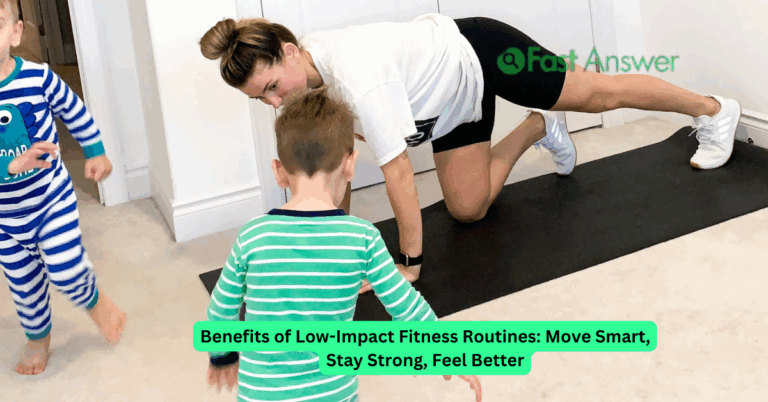Best Post-Workout Recovery Techniques: Unlock Faster Healing and Better Results
Finishing a tough workout feels great but what you do after your session is just as important as the exercise itself. Proper recovery is where progress happens. It’s the phase when muscles rebuild, strength increases, and energy is restored. Without it, your efforts in the gym can quickly lead to fatigue, plateaus, or injury. Whether you’re new to fitness or training at a high level, knowing the best post-workout recovery techniques helps you bounce back stronger, reduce soreness, and keep momentum going. If you want long-term gains, better performance, and less downtime, post-workout recovery deserves your full attention.
Hydration First: Why Water and Electrolytes Matter More Than You Think
It’s easy to overlook hydration when you’re focused on reps and results, but water plays a critical role in recovery. After sweating through a workout, your body loses fluids and electrolytes minerals essential for muscle contraction, nerve function, and energy balance. Rehydrating isn’t just about quenching thirst; it helps reduce cramping, support digestion, and kickstart the body’s repair process. Drinking water with added sodium, magnesium, or potassium (naturally through foods or supplements) can speed up recovery and leave you feeling energized instead of drained.
Stretching and Mobility Work: Restore Range and Prevent Injury
Static stretching after exercise may not burn calories, but it’s a game-changer for flexibility and long-term joint health. Post-workout is the ideal time to stretch because muscles are warm and more pliable. Focusing on slow, deliberate movements helps release tension, improve blood circulation, and prevent stiffness the next day. Complement static stretches with mobility exercises like controlled arm circles or hip openers to maintain a full range of motion. Over time, this combination supports smoother, pain-free movement and faster muscle recovery between workouts.
Refueling Smart: What You Eat After a Workout Affects Everything
Post-workout nutrition isn’t just about protein shakes it’s about giving your body the right fuel to repair and grow. Aim for a balance of lean protein, complex carbs, and healthy fats within an hour of finishing your workout. This helps replenish glycogen stores, rebuild muscle fibers, and reduce cortisol levels. Think of meals like grilled chicken with brown rice, Greek yogurt with fruit, or a smoothie with protein and oats. Skipping this step slows recovery, weakens immune response, and can even hinder your next session’s performance.
Active Recovery: The Low-Intensity Secret to Faster Gains
Sometimes the best way to recover is to keep moving but at a lower intensity. Active recovery involves light physical activity like walking, swimming, yoga, or cycling at a relaxed pace. These movements help flush out lactic acid, increase circulation, and reduce muscle stiffness without taxing your nervous system. Unlike full rest days, active recovery days keep your momentum going and support better overall conditioning. Incorporating this technique regularly leads to quicker healing and fewer aches after high-intensity training.
Sleep and Stress: The Overlooked Pillars of True Recovery
No amount of supplements or foam rolling can replace the power of sleep. Quality rest is when your body enters deep recovery mode, releasing growth hormone, repairing tissues, and consolidating energy. Aim for 7–9 hours of uninterrupted sleep to maximize recovery benefits. Managing stress is equally vital. Elevated cortisol can impair recovery, delay muscle repair, and increase fatigue. Practices like mindfulness, deep breathing, or even simply unplugging from screens can create a more balanced internal environment allowing your body to rebuild effectively after each workout.
FAQs
How soon should I eat after a workout for best recovery?
Ideally within 30–60 minutes to replenish glycogen and start muscle repair.
Are ice baths really effective for recovery?
They can reduce inflammation temporarily, but are best used strategically not after every session.
Do I need supplements to recover well?
Not necessarily. Whole foods provide everything you need if your diet is balanced and nutrient-dense.
Is muscle soreness a sign of a good workout?
Not always. Progress doesn’t depend on soreness it’s just one signal among many.
Can I work out every day if I recover properly?
With smart programming and adequate recovery methods, yes just ensure you balance intensity and rest.

